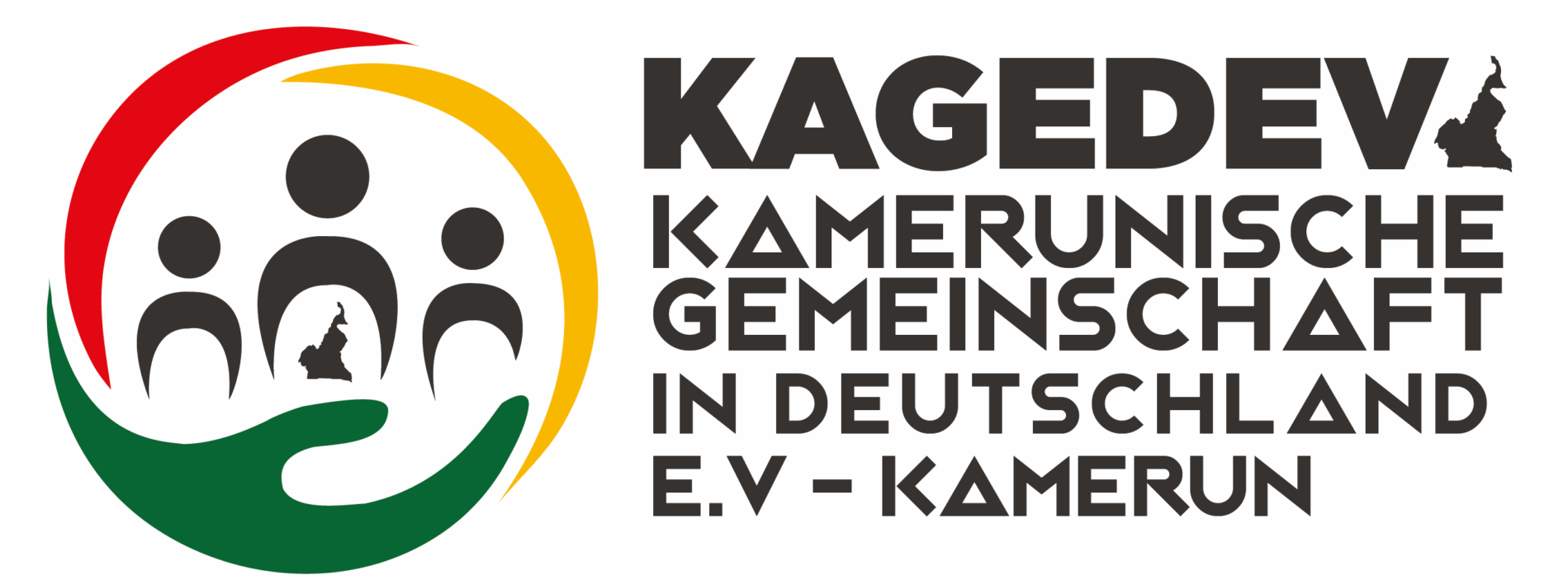"Differences in health status or distribution of resources among different population groups, resulting from the social conditions in which individuals are born, grow up, live, work, and age" is how the World Health Organization defines health disparities. Unfair health disparities could be lessened with well-balanced public policy. " "> Since executives, who make up about 78% of the workforce in Cameroon, lack good jobs, housing, and social inclusion, there is an almost 15-year disparity in life expectancy between them and workers.
Economic and social circumstances, which have a significant impact on people's health throughout their lives, are among the primary causes of these differences. Both the association between poverty and social disparities in health and the association between education and social disparities in health [3] are well established.
Inequalities pertaining to living conditions and the land are added to those pertaining to the economy and society. Through "location effects," the arrangement and structure of territories play a role in the development of inequality. Particularly, a territory's ecological, social, economic, and physical features combine with the unique traits of its people to influence their health.
Additionally, the consequences of childhood adversity—that is, stressful or traumatic events that impact brain development and, consequently, health—are significant contributors to social disparities in health and how they manifest from an early age. Indeed, it appears that the environment in its broadest sense plays a biological role in the long-term health impacts of infantile adversity.
Social factors that adversely affect children's health build up and perpetuate inequities throughout life, and social disparities in health start to manifest early, even in utero.
Social inequalities in health manifest from the beginning of life, from the early stages of psychomotor and cognitive development, and even before birth, through differences in prenatal monitoring and maternal risk behaviors. Risk factors for the health of pregnant women and their children are overrepresented among the most modest individuals.
Both the child's and the adult's development may be negatively impacted by these early disparities in the long run. One of the main concerns of Cameroon's health policy now is the battle against societal disparities in health. Regretfully, the lack of regional health agencies and "City health workshops" that specifically address social disparities in health demonstrate the authorities' lack of genuine dedication.
The KAGEDEV suggests the Regional Health Program (PRS), the PRAPS (Regional Program for Access to Prevention and Care for the Most Disadvantaged), the Local Health Contracts (CLS), and other initiatives.
The logic of structures, which endure and occasionally defy the common dynamics, is one of the challenges this networking faces.
The disparities in the well-being of children in Cameroon continue to be a grave concern. Cameroon is ranked 161st out of 184 countries in UNICEF's Innocenti 13 study, which compares and analyzes the degree of disparities in child well-being across African Union and Organization for Economic Cooperation and Development (OECD) nations. The paper also emphasizes how Cameroon's inequality has been growing since 2003 and is getting worse, which could cause long-term social problems.


